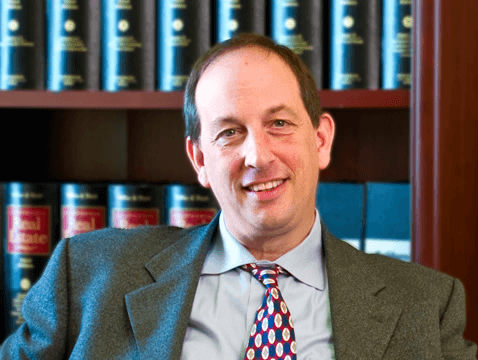Owning a rental home in California can be a profitable venture. However, there are a lot of requirements that landlords in California must meet, many of which aren’t required of landlords in other states. It’s critical that your lease provide these mandatory disclosures.
First, if the lease was signed after 2012, and you do not wish for your tenant to smoke on the premises, your lease must include a statement describing the areas where smoking is prohibited or limited.
For example, if your tenants are only allowed to smoke outside, you would include a notice that smoking inside is prohibited.
You must also notify prospective tenants about the registered sexual offender database. The following statement must be included in your lease: “ Notice: Pursuant to Section 290.46 of the Penal Code, information about specified registered sex offenders is made available to the public via an Internet Web site maintained by the Department of Justice at www.meganslaw.ca.gov.
Depending on an offender’s criminal history, this information will include either the address at which the offender resides or the community of residence and zip code in which he or she resides.” This information is provided to potential tenants to allow them to determine whether there are sex offenders in the neighborhood before they sign the lease.
If a landlord has applied for a permit to demolish a rental unit, he or she must give written notice about the application to prospective tenants before taking a deposit. Therefore, it may be illegal in California for a landlord to ask a tenant to sign a lease, and then demolish other apartment buildings next door – that is information a potential tenant would want to know before renting the property.
Landlords also must give the tenants notice about any pest control company disclosure the landlord has received. That disclosure must describe which bugs or animals need to be controlled, which pesticides will be used and their active ingredients, the schedule of pest control services, and a warning that pesticides are toxic.
This will prevent potential renters who may be sensitive to chemicals in pesticides from being exposed to them accidentally.
If the gas or electric service to the tenant’s rental unit also serves other rental units, the landlord must tell the potential tenant how the costs will be fairly divided before a lease is signed. For example, a landlord cannot charge one particular tenant for more than his or her share of the electricity used by the whole building.
Older buildings also have additional disclosures required. If the building was built before 1978, the landlord must disclose if there’s any lead-based paint in the unit, as well as give the tenant a copy of the federal government’s pamphlet called “Protect Your Family From Lead in the Home”, in addition to a written Disclosure of Information on Lead-Based Paint and/or Lead-Based Paint Hazards.
The landlord is not required to remove the paint. Also, if the home was built before 1981, it could contain asbestos, which is dangerous if the fibers are inhaled. It’s recommended that landlords notify tenants if asbestos is discovered in the rental property
Landlords are also legally required to notify prospective tenants if the property has been used for production of methamphetamine. A unit that is found to be contaminated with a meth lab must be vacated until a local health officer deems it is safe. If a tenant wants to rent that property, the tenant must be notified of the problem.
If a death has occurred in the rental unit in the last three years, the tenant must tell a prospective tenant about the death, as well as the manner of death, unless it was due to AIDS.
Finally, if the landlord knows or has reason to know that there is mold in the rental home which poses a health threat, or is excessive by law, the landlord must give the prospective tenant a written disclosure.
The State Department of Health Services has developed a consumer handbook which tells about the potential health risks from mold, which must be given to the potential tenant.
Those are a list of state disclosures that must be present when you are renting a rental unit. In addition, some cities in California have laws that limit the amount of rent that can be charged (rent control), and if your rental unit is subject to rent control laws, there may be additional disclosures required, depending on the local city laws.
Also, there are often city and county codes which must be met, some of which may require extra disclosures be given to prospective tenants.
As you can see, following all of the requirements under California law in renting a rental unit can be a difficult task. In most cases, in order to legally protect yourself by law, it’s best to hire a knowledgeable California real estate attorney who can help you with your lease.
Always make sure you speak with an attorney in your area to insure you meet all local laws and regulations. If you are in the Oakland – Walnut Creek area, call Robert Levy, Oakland real estate attorney, at (925) 708-3306. I am happy to give you a consultation on your case. Call to learn more.
